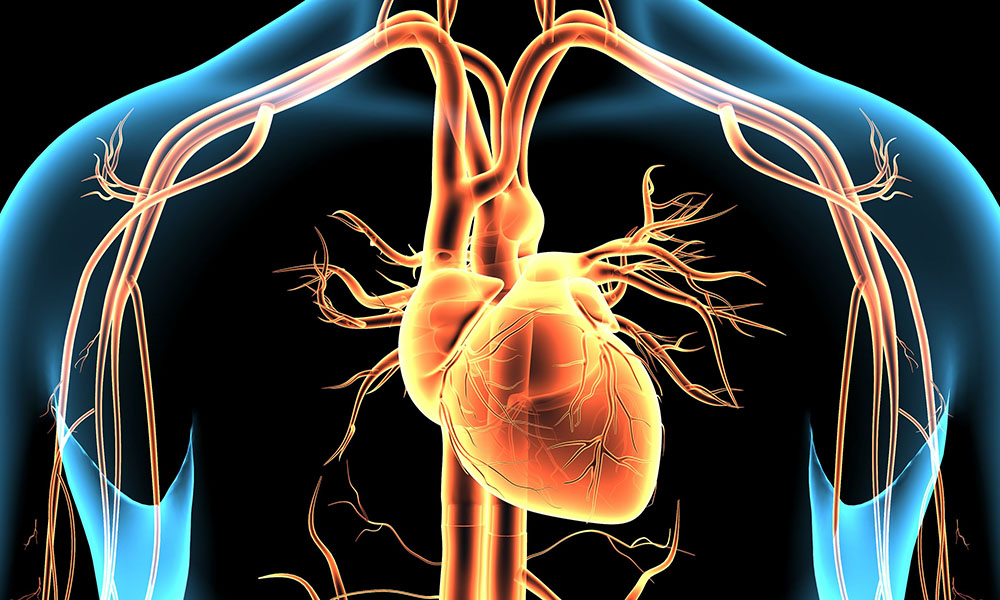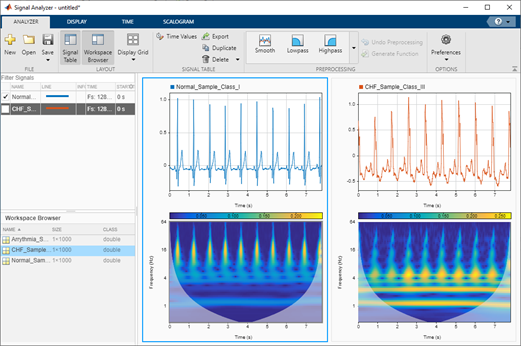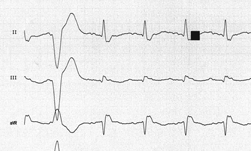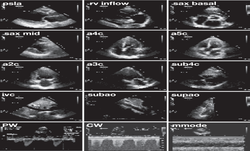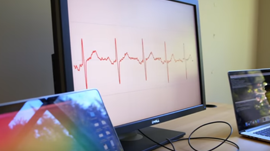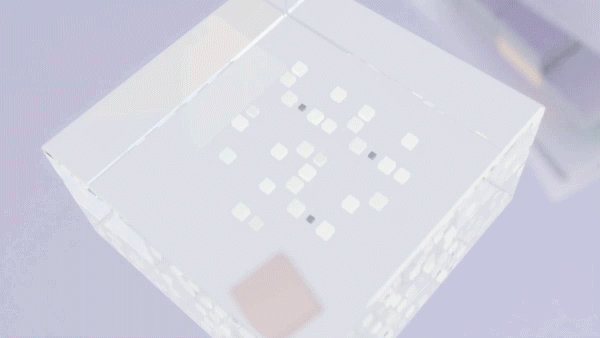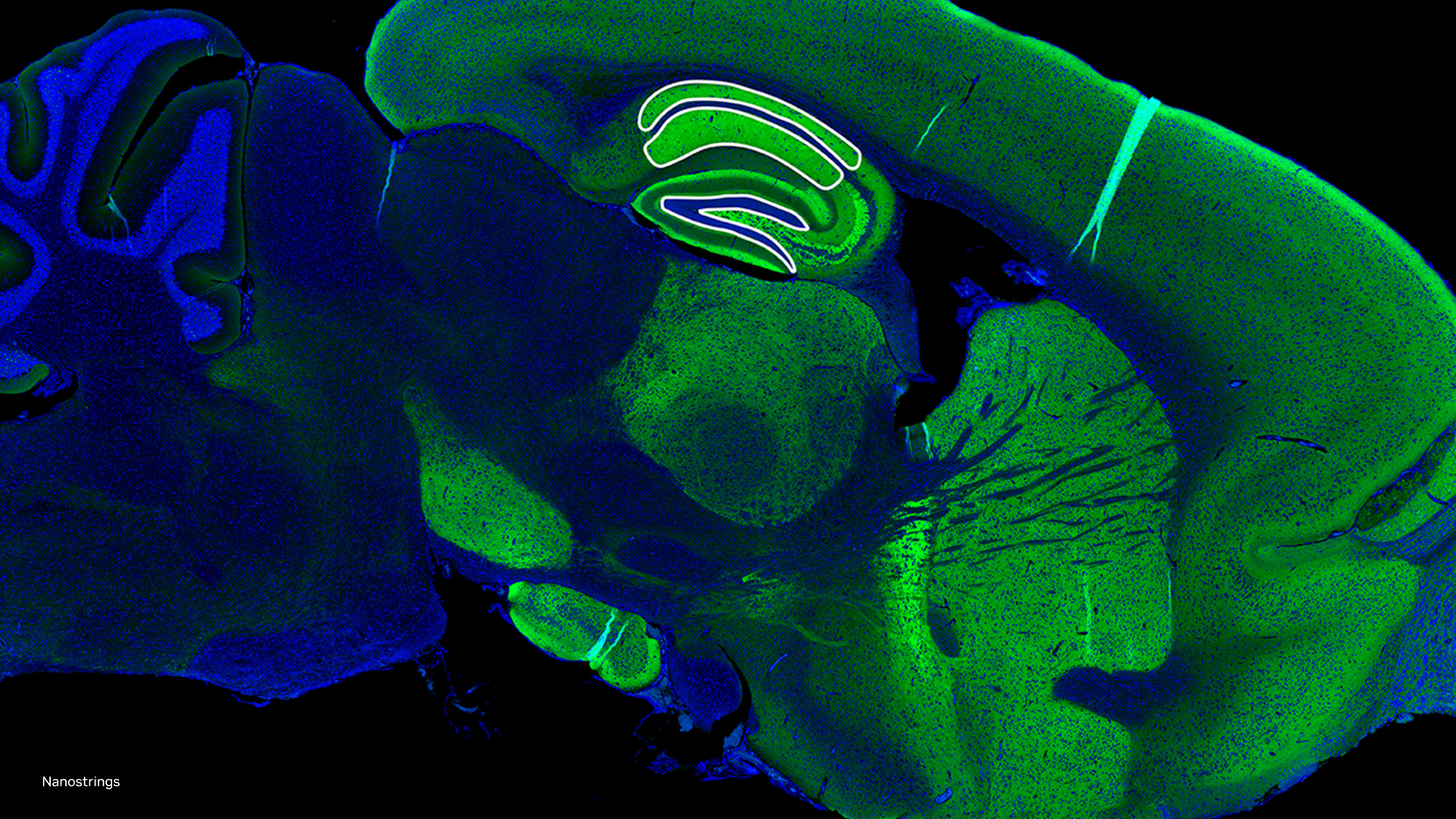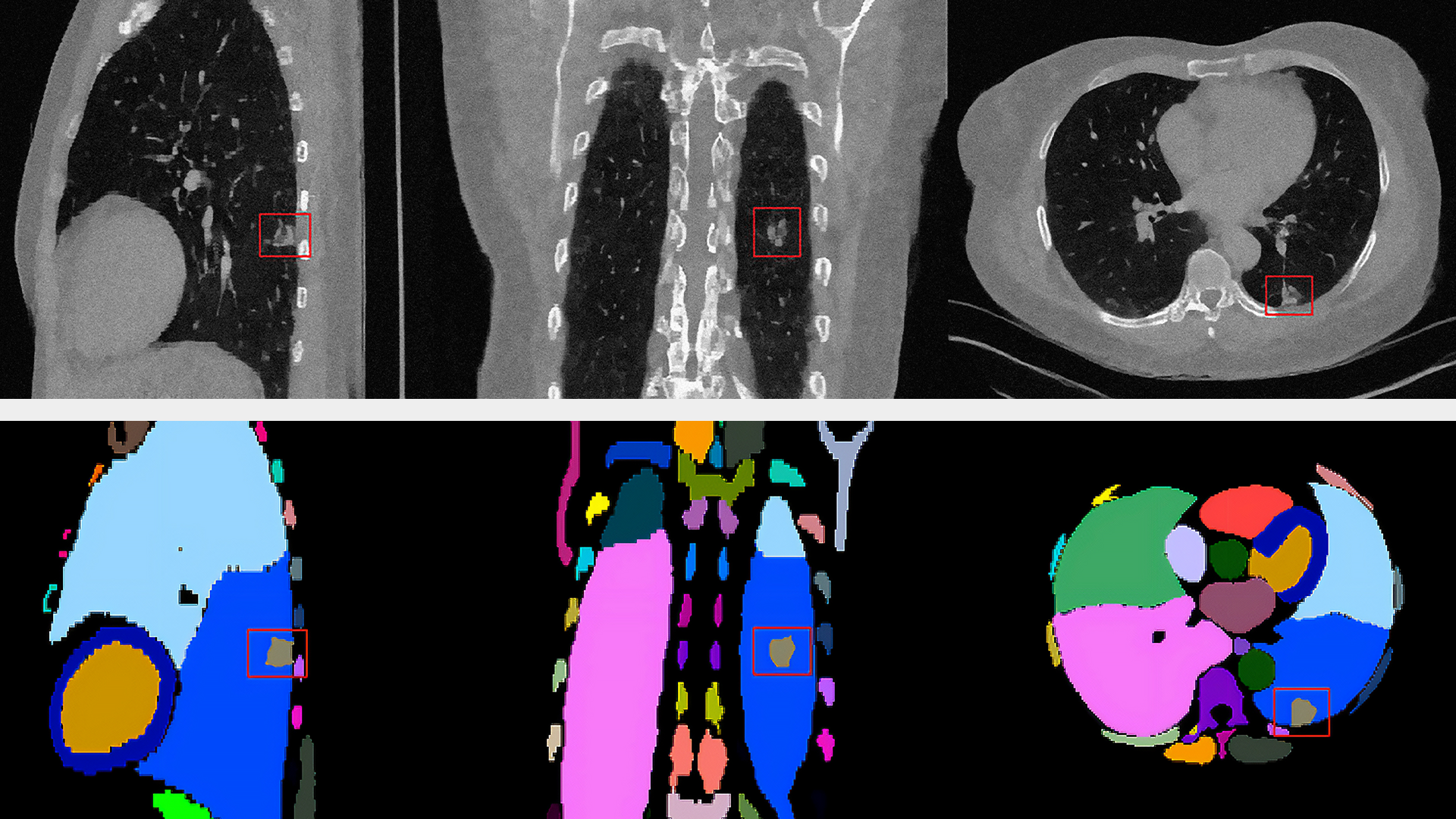Researchers at digital health startup Cardiogram and UCSF (University of California San Francisco) developed a deep learning algorithm that can diagnose diabetes with an 85% accuracy by using the smart watch’s built-in heart rate sensor.
With the help of Tesla P100 GPUs and the cuDNN-accelerated TensorFlow deep learning framework, the team trained their DeepHeart neural network on a data set of 200 million heart rate and step count measurements from a clinical study of over 14,000 Apple Watch users. The trained network was able to detect that 462 of the opt-in study members had diabetes.
“Your heart is connected with your pancreas via the autonomic nervous system. As people develop the early stages of diabetes, their pattern of heart rate variability shifts,” explained Johnson Hsieh, co-founder of Cardiogram. “In 2015, the Framingham Heart Study showed that high resting heart rate and low heart rate variability predicts who will develop diabetes over a 12-year period. In 2005, the ARIC study showed that heart rate variability declines faster in diabetics than non-diabetics over a 9-year period.”
 Besides diabetes, DeepHeart was able to detect high cholesterol (74% accuracy), high blood pressure (81% accuracy), and sleep apnea (83% accuracy).
Besides diabetes, DeepHeart was able to detect high cholesterol (74% accuracy), high blood pressure (81% accuracy), and sleep apnea (83% accuracy).
The Cardiogram app is currently available on Android Wear.
Read more >
Related resources
- GTC session: Creating AI-Powered Hardware Solutions for Medical Imaging Applications
- GTC session: 5 Essential Gen AI Apps for Your Business
- GTC session: Generative AI Theater: 15 Minutes to Change the World: Generative AI in Healthcare
- NGC Containers: MATLAB
- NGC Containers: BodyMarker/PhenoBody
- SDK: MONAI Deploy App SDK

